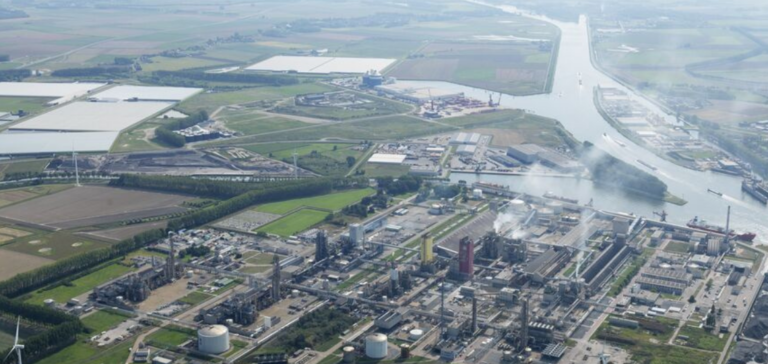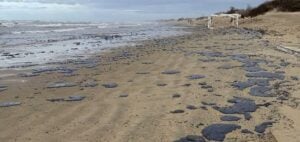In a bold move against global warming, the Swiss government recently approved the export of carbon dioxide (CO2) for seabed storage abroad. Indeed, this decision, scheduled for implementation as early as 2024, represents a major milestone in the adoption of cutting-edge technologies to combat climate change.
CCS Technology: A Lever for the Climate
The envisaged process, known as CO2 capture and storage (CCS), involves capturing CO2 emissions from plants before they are liquefied and sequestered in undersea geological reservoirs. What’s more, this technology is crucial to achieving both international and national targets, according to the Swiss government.
Switzerland’s climate objectives
CCS is considered essential to achieving a carbon-neutral balance. Switzerland’s declared objective is to reduce its greenhouse gas emissions by 50% by 2030 compared with 1990 levels, with a long-term ambition to cut emissions by 70-85% by 2050. In August 2019, Switzerland even raised this target, aiming for carbon neutrality by 2050, an initiative supported by a majority of its population.
Debate and controversy surrounding CCS
Nevertheless, the CCS is not without controversy. Although recognized by bodies such as the Intergovernmental Panel on Climate Change (IPCC) and the International Energy Agency, it raises environmental concerns. However, critics point to the risk of this technology becoming a pretext for prolonging the use of fossil fuels, diverting investment away from renewable energies and presenting risks of leakage.
Several CCS projects are underway around the world, reflecting growing interest in this technology despite its challenges. The Swiss decision, in line with the 1972 London Protocol, marks a significant step forward, although it will require careful monitoring to assess its long-term environmental and economic impact.
Switzerland’s authorization to export CO2 for seabed storage represents a significant step forward in the fight against climate change. This decision underlines the importance of innovative technologies such as CCS, while raising questions about their sustainability and environmental impact. The road to carbon neutrality is littered with obstacles and opportunities, and the path chosen by Switzerland could well inform future global climate policies.





















